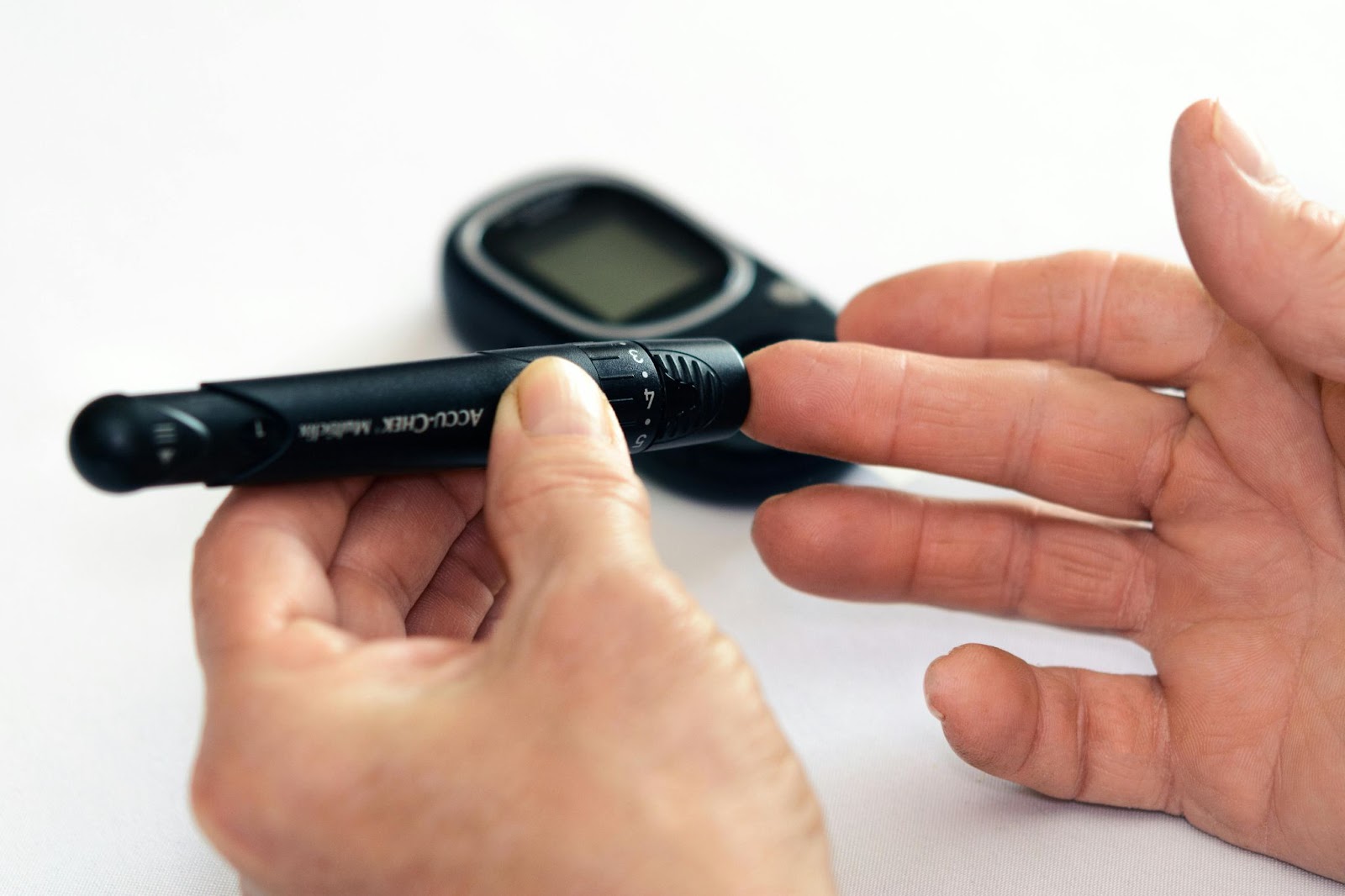Diabetes & Glucose Control
Author: Maddy Smith
Diabetes is a condition that affects how your body processes blood sugar (glucose). Maintaining balanced glucose levels is crucial for your overall health. In this discussion, we’ll talk about the different types of diabetes, pre-diabetes and testing methods, identify symptoms, and explore ways to manage glucose levels through diet, lifestyle, supplements, and medications.
Types of Diabetes
- Type 1 Diabetes: This autoimmune condition occurs when the body cannot produce insulin, a hormone that regulates blood sugar levels. It’s often diagnosed in children and young adults.
- Type 2 Diabetes: More common in adults, this type develops when the body becomes resistant to insulin or doesn’t make enough insulin. Factors like obesity, lifestyle, and genetics play a significant role.
- Gestational Diabetes: This type affects some women during pregnancy and usually resolves after giving birth. However, it increases the risk of developing type 2 diabetes later in life.
Common symptoms include increased thirst and urination, unexplained weight loss, extreme hunger, blurry vision, and fatigue. Recognizing these early can lead to timely diagnosis and management.
Pre-diabetes is a condition where blood sugar levels are higher than normal but not high enough to be classified as diabetes. It’s a critical stage where lifestyle changes can significantly reduce the progression to type 2 diabetes.
Testing Methods
Blood tests are used to diagnose diabetes and pre-diabetes. The most common include:
- Fasting Plasma Glucose Test: Measures blood sugar after an overnight fast.
- A1C Test: Provides an average blood sugar level over the past 2 to 3 months.
- Oral Glucose Tolerance Test: Measures blood sugar before and after consuming a sweet drink.
Diet and Lifestyle Strategies
A balanced diet and an active lifestyle are foundational in managing diabetes. Emphasizing the intake of vegetables and protein is key due to their rich fiber content, high level of satiety production, and nutrients, which have a minimal impact on blood sugar levels.
High-quality proteins from sources such as lean meats, fish, and plant-based options are essential for supporting muscle health and satiety, helping in weight management and stabilization of blood glucose levels. Limiting sugar intake is another crucial strategy for controlling blood sugar spikes, making it an important dietary consideration.
Additionally, regular exercise plays a significant role in managing diabetes. Activities, especially weightlifting, not only enhance muscle growth but also improve insulin sensitivity, contributing to metabolic health.
Together, incorporating a high protein intake, engaging in regular physical activity, and maintaining a clean diet are vital components of a diabetes management plan. These strategies support not just in weight management but also in stabilizing blood glucose levels, highlighting the importance of a comprehensive approach to diet and lifestyle in the management of diabetes.
Supplements and Medications
While the cornerstone of glucose control lies in diet and lifestyle adjustments, supplements and medications offer additional support in managing diabetes. Supplements such as chromium, magnesium, and cinnamon have been explored for their potential benefits in supporting blood sugar regulation, though it’s important to consult with a healthcare provider before starting any new supplement regimen.
On the other hand, prescription medications for type 2 diabetes are designed to lower blood sugar levels in various ways, such as increasing insulin sensitivity, decreasing sugar production in the liver, or slowing the absorption of carbohydrates. For individuals with type 1 diabetes and those with high A1C levels, indicating poor blood sugar control, insulin therapy becomes a critical component of their management plan. Proper insulin management is essential to match food intake and activity levels to prevent blood sugar from becoming too high or too low.
Furthermore, weight loss medications have shown to be an effective tool in managing type 2 diabetes, particularly for individuals struggling with obesity. However, it’s imperative that these medications are used as part of a comprehensive plan that includes diet and exercise modifications to ensure the best possible outcomes.
Importance of a Comprehensive Plan
Emphasizing the importance of a comprehensive plan that includes diet, exercise, and possibly medication is crucial. A high-protein diet supports muscle maintenance and growth, which is vital for metabolic health. Regular physical activity, especially resistance training like weightlifting, not only aids in weight management but also improves insulin sensitivity, making it easier for your body to regulate blood sugar levels.
Managing diabetes and maintaining healthy glucose levels requires a multifaceted approach. Individuals can effectively manage their condition by prioritizing a diet rich in vegetables, quality proteins, and limited sugars, engaging in regular exercise, and considering the appropriate use of supplements and medications. Remember, the journey to better health is a marathon, not a sprint. Making sustainable changes to your lifestyle can lead to significant improvements in your overall well-being. Always consult with healthcare professionals to tailor a plan that’s right for you, ensuring a balanced approach to managing diabetes and enhancing your metabolic health.


Leave a Reply